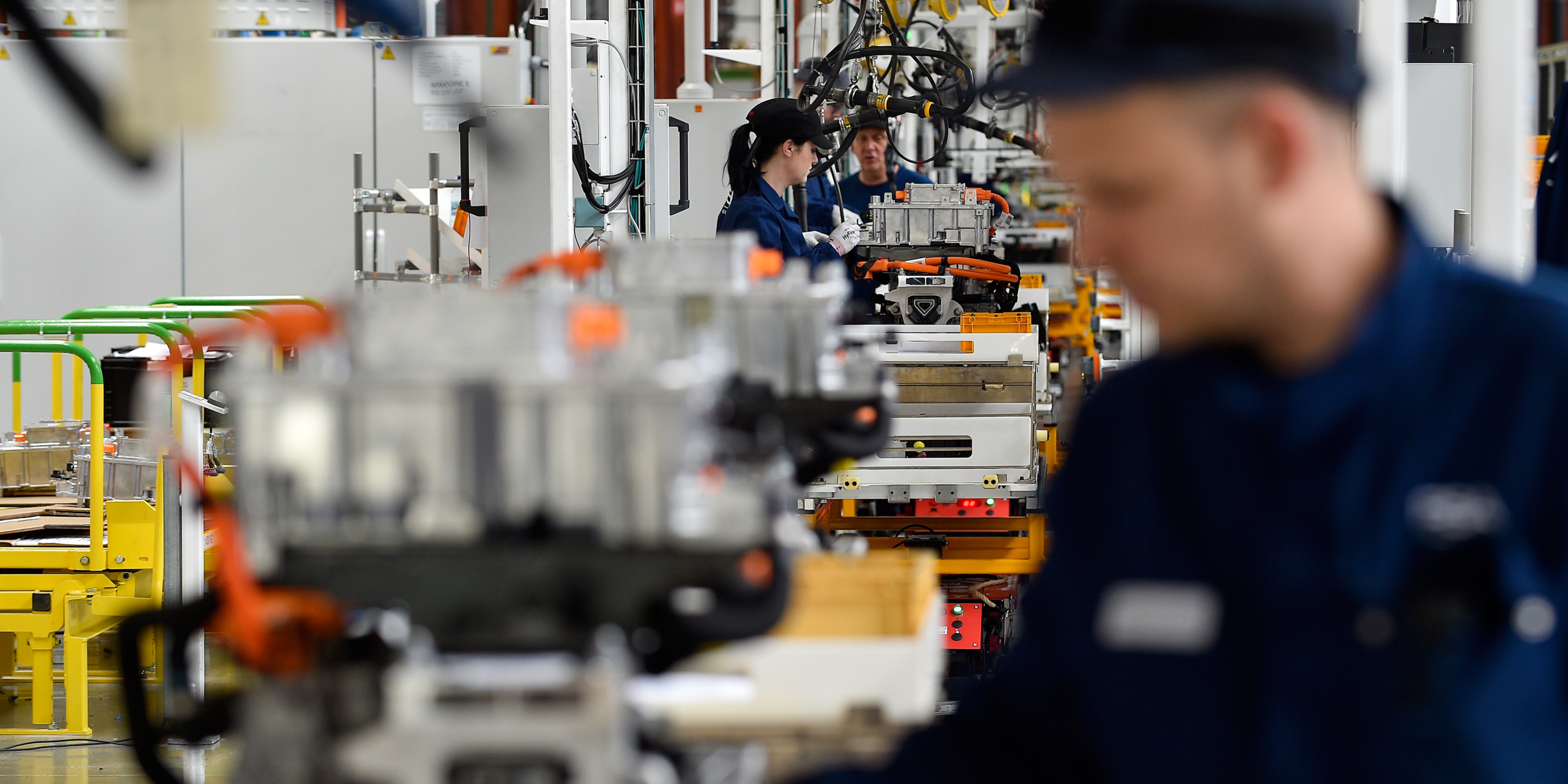Europe 1 with 9:40 p.m. AFP, 13 December 2021
Faced with the supply problems of certain sectors with raw materials or energy, the government presented on Monday a new type of loan for the industry, in an amount between 50,000 and five million euros and for a period of up to reach ten years.
Faced with the supply problems of certain sectors with raw materials or energy, the government presented on Monday a new type of loan for the industry, in an amount between 50,000 and five million euros and for a period of up to reach ten years.
The repayable advance system put in place during the health crisis can, on the other hand, now be combined with a loan guaranteed by the State (PGE) or a subsidized loan, also announced Bercy, which brought together representatives of all industrial branches Monday afternoon.
>> READ ALSO
- Shortage, rise in prices and health crisis: the morale of European bosses in sharp decline
The loans will be granted by Bpifrance
Loans for industry, the total envelope of which may reach 700 million euros over time, will be granted by the public investment bank Bpifrance.
This new loan will have "two years of deferred amortization of the capital allowing the company to smooth the burden of repaying its debt, and thus consolidating its financial structure", according to a press release from the ministry.
The guarantee fund required for these new loans represents a budget expenditure of 50 to 70 million.
This money will come from "the redeployment by under-consumption of certain devices" of aid to companies decided by the public bank, we told the Ministry of the Economy during an online press briefing.
Loans repayable at market rate
Unlike loans guaranteed by the State of Bercy confirmed the six-month extension until June 2022, loans to the industry do not constitute state aid because they are repayable at the market rate and therefore do not require the approval of the European Commission, the ministry said. The government will also facilitate the granting of new payment facilities for social and tax assessments for companies weakened by the supply voltages. The cumulative costs of these reports, since the beginning of the crisis have already reached 50 billion euros, said Bercy.
The companies most affected by disruptions in global supply chains are notably in the automotive industry, a sector where three in four executives report cash flow problems most often linked to underutilization of production capacity due to shortages. , still according to the ministry.
"The automotive sector is one of the most affected since it is facing both rising raw materials prices, with certain metals whose costs have risen by 100%, plastics up to 110% and rubber sometimes up to 'to 80%, as well as to the semiconductor crisis which impacts them doubly ", recalled an adviser of the ministry.

